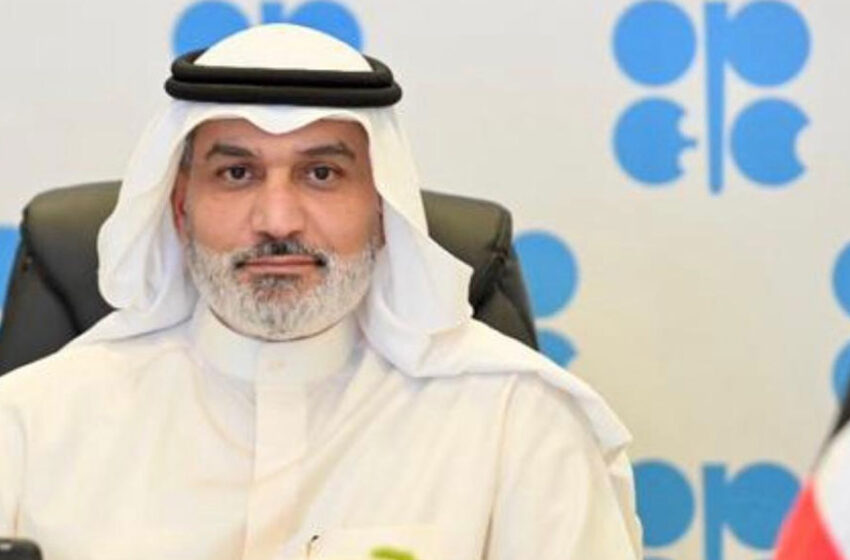Egbin Power, House Committee collaborate to improve performance
OPEC Chief Blames High Fuel Prices on Government Taxes, Not Dangote Refinery

Nigeria’s recent fuel price increase has ignited widespread concern, with many placing the blame on oil producers, particularly local operators like the Dangote Refinery.
However, OPEC Secretary General, Haitham Al Ghais, has clarified the situation, pointing out that the real drivers of high fuel prices are taxes imposed by governments, including those of major oil-consuming countries.
In an article published on Tuesday, Al Ghais elaborated that crude oil and its derivatives are fundamental to global industries, fuelling sectors ranging from transportation to pharmaceuticals.
Contrary to popular belief that rising oil prices disproportionately benefit oil producers, the OPEC chief dispelled this notion, emphasising that oil-producing countries are not the main beneficiaries of retail fuel sales.
“Revenues are often generated, but they are predominantly earned by major oil-consuming countries through taxation,” Al Ghais said. The Secretary General emphasized that countries within the OECD (Organisation for Economic Co-operation and Development) earn substantially more from the retail sale of petroleum products than OPEC member countries make from the sale of crude oil itself.
Between 2019 and 2023, OECD nations earned approximately $1.915 trillion more annually than OPEC nations from petroleum products. In 2023 alone, taxes accounted for around 44 percent of the final retail price of petroleum products in OECD countries, and in certain European countries, this figure exceeded 50 percent.
For Nigerian consumers, this highlights that the high cost of fuel at the pump is not merely a reflection of crude oil prices or refinery margins. Instead, a significant portion of what consumers pay is directed towards government taxes. “It is important to recognize that the price paid by consumers at the pump is determined by multiple factors, including crude oil prices, refining, transportation, and, notably, taxes,” Al Ghais said out.
In the UK, for example, fuel duties are projected to bring in £24.7 billion in revenue for the government during 2023-24, accounting for 2.2 percent of total receipts. This highlights a global trend where governments, both in oil-producing and oil-consuming countries, rely on petroleum products as a major source of revenue.
Al Ghais also emphasised that although oil-producing nations generate income from oil sales, a large portion of these earnings is reinvested in exploration, production, and infrastructure projects to ensure a stable supply for consumers worldwide. This reinvestment is essential to securing future oil supplies and maintaining stability in global energy markets.
In summary, while taxes are vital for funding government services and infrastructure, they also form a significant part of the price consumers pay for fuel at the pump.
The OPEC Secretary General urged a shift away from the narrative that positions consumers against producers, stressing that both groups are integral stakeholders in the broader energy ecosystem.
Nigeria’s current fuel price crisis serves as a clear reminder of the complexities involved in fuel pricing, where taxes, rather than oil producers, are largely responsible for the high costs Nigerians face at the pump.






